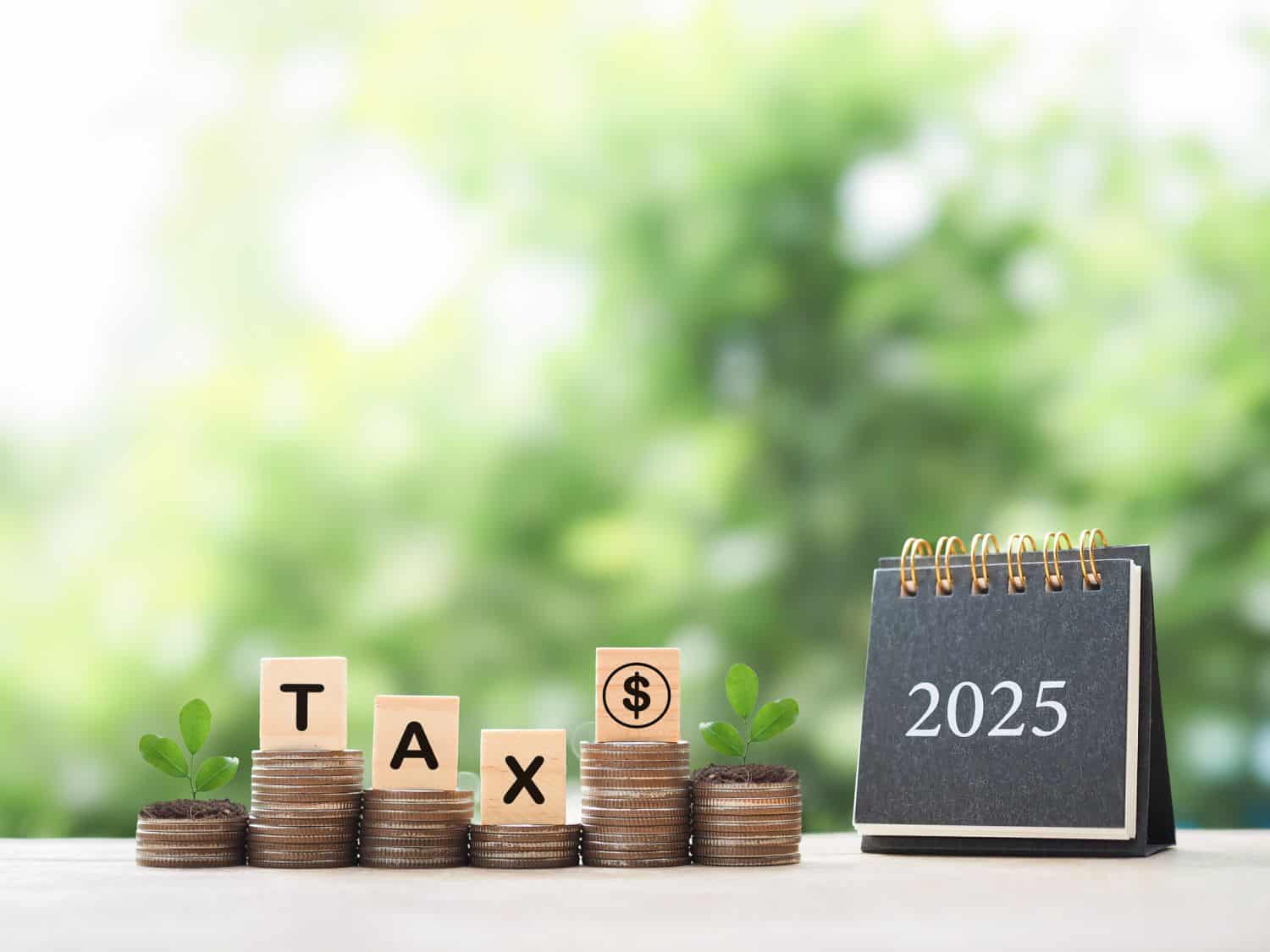If taxpayers do not claim what they are entitled to, they are leaving money behind.

When most people think of tax season, they often get a headache because they believe filing returns is a complicated process, and they decide not to file. Well, this is one of those things as an adult you should not pass on, because it will come back to bite you in the future.
Taxpayers who decide to turn a blind eye to the tax season will be penalised, and whether they like it or not, the taxman will always have the last laugh, because they will need to pay for those penalties in the end.
Ferné Nagy, executive financial advisor at ASI Financial Services, advises taxpayers to view tax season as an opportunity to take control of their financial story.
Who should file for tax returns
Tax season 2025 is scheduled to run until 20 October for non-provisional taxpayers and until 19 January 2026 for provisional taxpayers.
If you are under the age of 65 and earned more than R95 750, you earned commission, freelanced, or side hustle income, sold assets with capital gains of more than R40 000, earned foreign income or held offshore assets worth more than R250 000, or received rental income or investment returns, then you are obligated to file for your tax return.
All of these must have taken place between 1 March 2024 and 28 February 2025.
Nagy says tax returns enable individuals to recover costs they have already incurred while earning their income. He warns that if taxpayers do not claim what they are entitled to, they are leaving money behind.
ALSO READ: Sars makes changes to eFiling for easy use
Tax return in the age of AI
He adds that the South African Revenue Service (Sars) has made advances in automation through AI-powered auto-assessments. However, he warns taxpayers that auto-assessments are fast but not foolproof.
“Artificial Intelligence (AI) only sees what it’s been fed. It cannot interpret your full financial picture like side hustle earnings, unreimbursed business expenses, or retirement top-ups.
“And when the data’s incomplete, your return is too. Technology is a powerful enabler, but without human insight, it can cost you.”
The catch in turning a blind eye
Nagy adds that relying blindly on auto-assessments or ignoring your tax obligations can lead to costly mistakes, such as missed refunds or penalties.
“That is why being registered on eFiling and actively checking your return is so important. It gives you full control to make sure your return is accurate, complete, and truly reflects your financial reality.”
Easy process
The Citizen ran a test on how quickly it would take to file a return. Because eFiling’s Wizard already had most of my information, I just had to answer yes or no to the questions, confirm my details, and enter the amounts I received during the tax season.
All in all, it took less than 20 minutes. Within five minutes, my statement of account, detailing how much I will receive from the taxman, was available.
However, the call centre is another nightmare. I had made a mistake first, and I needed clarity. I was on hold for 45 minutes, and I was still number 674 on the line when I gave up. If you need to call the call centre, the best thing to do is to request a callback. I’m not sure how long this would take.
ALSO READ: Common pitfalls to avoid this tax season
Fraud during tax season
He adds that as filing becomes more digital, the stakes grow higher. “Your tax return holds everything from your ID number to your income and banking details.”
However, with cybercrime on the rise, thieves are not taking a break. “According to Interpol, cybercrime costs the economy more than R2.2 billion annually due to the risks of data breaches, identity theft and financial fraud.
“This is where Sars eFiling becomes more than just a filing tool; it becomes your first line of defence.” The platform gives you full control to:
- Review your assessment
- Submit corrections
- Upload documents
- Track refunds
- Dispute errors
- Communicate directly with Sars
Digital does not equal safety
Nagy says people assume digital equals safe, which is not always the case. “Security starts with how you use the tools. Cyber awareness is no longer optional; it’s part of being financially literate.”
- Use strong, unique passwords for eFiling.
- Never click on Sars links in unsolicited emails. Always log in directly.
- Work with trusted financial professionals who prioritise data protection.
“Even if you were auto-assessed, you are still legally responsible for confirming that it is accurate. Accepting a flawed assessment could result in overpaying, underpaying, or triggering penalties down the line.”
NOW READ: Estimated assessments: Sars’s new ‘cash-cow-grabbing’ norm?






